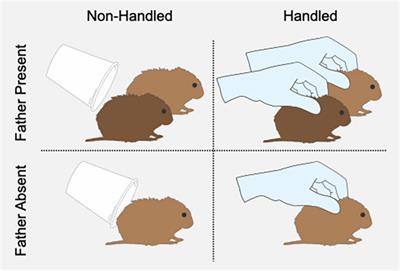EDITORIAL
Published on 12 Mar 2024
Editorial: Plasticity and flexibility in the parental brain
doi 10.3389/fnbeh.2024.1389613
- 3,893 views
4,333
Total downloads
35k
Total views and downloads
You will be redirected to our submission process.
EDITORIAL
Published on 12 Mar 2024
ORIGINAL RESEARCH
Published on 04 Jan 2024
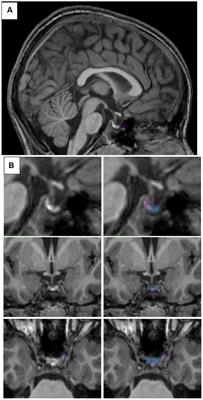
ORIGINAL RESEARCH
Published on 01 Nov 2023
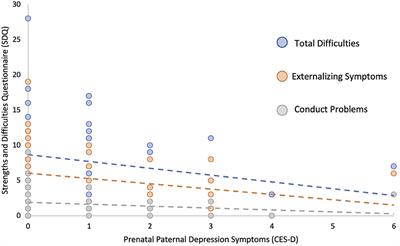
ORIGINAL RESEARCH
Published on 22 Sep 2023
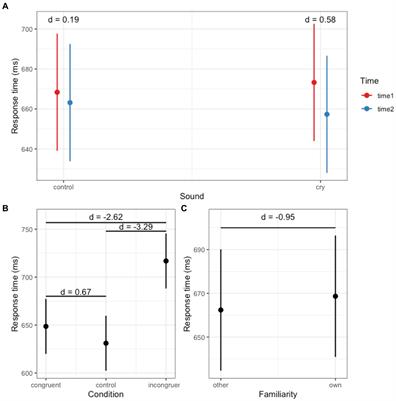
ORIGINAL RESEARCH
Published on 24 Aug 2023
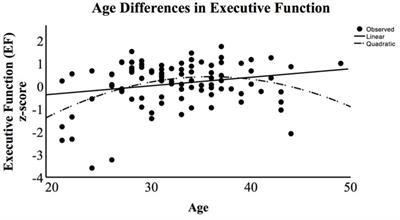
PERSPECTIVE
Published on 14 Jul 2023
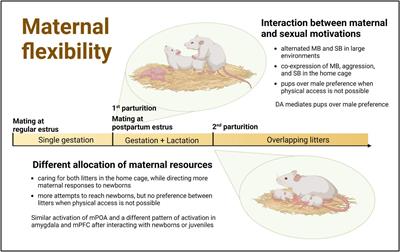
ORIGINAL RESEARCH
Published on 06 Jul 2023
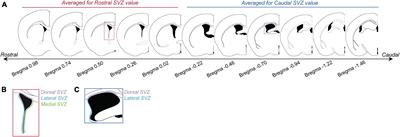
MINI REVIEW
Published on 30 Jun 2023
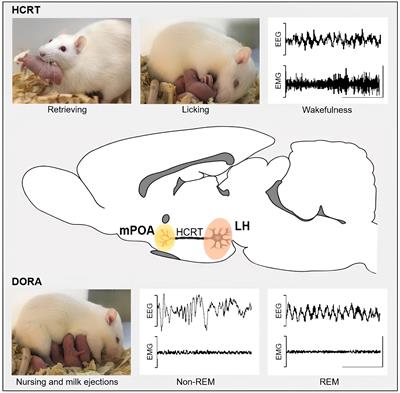
ORIGINAL RESEARCH
Published on 24 Apr 2023
